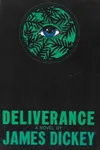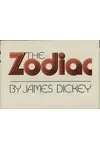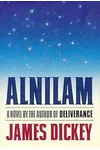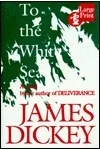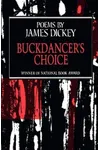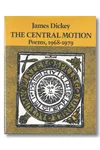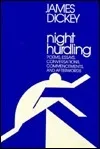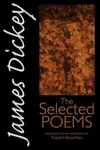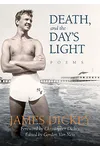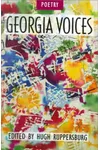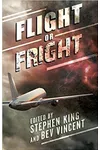Picture an American storyteller who wrestled the wild heart of human nature onto the page—meet James Dickey! Born in 1923 in Atlanta, this poet, novelist, and war veteran crafted raw, lyrical tales that pulse with primal energy. Best known for his gripping novel Deliverance and the National Book Award-winning poetry collection Buckdancer’s Choice, Dickey’s work blends beauty and brutality, leaving an indelible mark on 20th-century literature.
His life was as intense as his art—a mix of triumphs, like literary acclaim, and personal turmoil that fueled his unflinching exploration of survival, instinct, and the human spirit. Ready to dive into the world of a literary legend? Let’s explore James Dickey’s journey!
The Making of James Dickey
James Lafayette Dickey grew up in Atlanta, Georgia, where football and books shaped his early years. A star athlete, he briefly attended Clemson before enlisting in the U.S. Army Air Forces during World War II, serving as a night fighter pilot. Those harrowing experiences later seeped into his writing, infusing it with visceral intensity. After the war, Dickey earned degrees from Vanderbilt University, where he honed his poetic voice under the influence of Southern literary traditions and modernist poets like T.S. Eliot.
His career kicked off in the 1950s with advertising work, but poetry was his true calling. By the early 1960s, Dickey’s verses were turning heads in literary circles, blending rugged imagery with a musician’s ear for rhythm. His leap to novels came later, proving he could master both forms with fearless creativity.
James Dickey’s Unforgettable Stories
Dickey’s work is a wild ride through the human psyche, where nature and instinct collide. His 1970 novel Deliverance is his crown jewel—a harrowing tale of four city men facing the untamed Georgia wilderness and their own primal urges. The book, later adapted into a 1972 film, cemented Dickey’s fame, with its infamous river-rapids scene and unflinching look at survival.
His poetry, equally powerful, earned him the National Book Award for Buckdancer’s Choice (1965). This collection dances between tender lyricism and stark violence, exploring themes of memory, war, and Southern identity. Other notable works include Poems 1957–1967, a career-defining anthology, and Alnilam (1987), a novel about a blind man’s quest to unravel his son’s mysterious death. Dickey’s style—vivid, muscular, and often mythic—makes every line feel like a pulse.
Whether writing about a river’s roar or a pilot’s haunted dreams, Dickey had a knack for making the ordinary feel epic. His ability to weave beauty into brutality set him apart, earning praise from critics and readers alike.
Why James Dickey Matters
James Dickey didn’t just write stories—he redefined what American literature could do. His fearless dive into the primal and the poetic inspired generations of writers, from Southern poets to thriller novelists. Deliverance remains a cultural touchstone, sparking debates about masculinity, nature, and morality. His poetry, taught in classrooms today, captures the raw pulse of the human experience.
Beyond his work, Dickey’s life as a teacher at institutions like the University of South Carolina left a legacy of mentorship. Though his later years were marred by personal struggles, his art endures, inviting readers to confront the wild within. Dickey reminds us that literature can be both a mirror and a battleground.
About James Dickey
- Born: February 2, 1923, Atlanta, Georgia
- Key Works: Deliverance (1970), Buckdancer’s Choice (1965), Poems 1957–1967
- Awards: National Book Award (1966), Poet Laureate Consultant to the Library of Congress (1966–1968)
- Died: January 19, 1997
Snag a copy of Deliverance or Buckdancer’s Choice and dive into James Dickey’s thrilling, poetic world! Trust us, you won’t look at a river—or yourself—the same way again.
